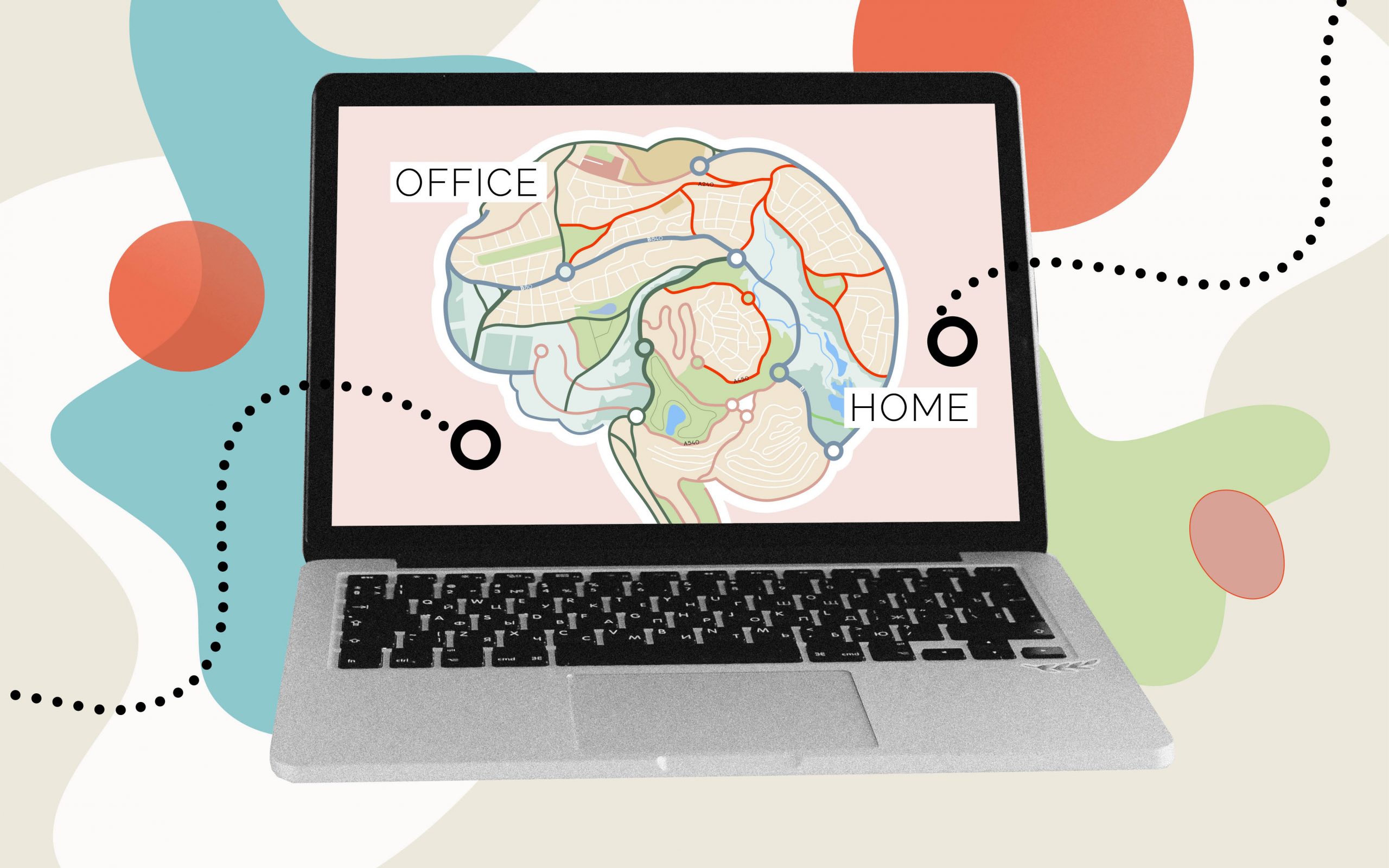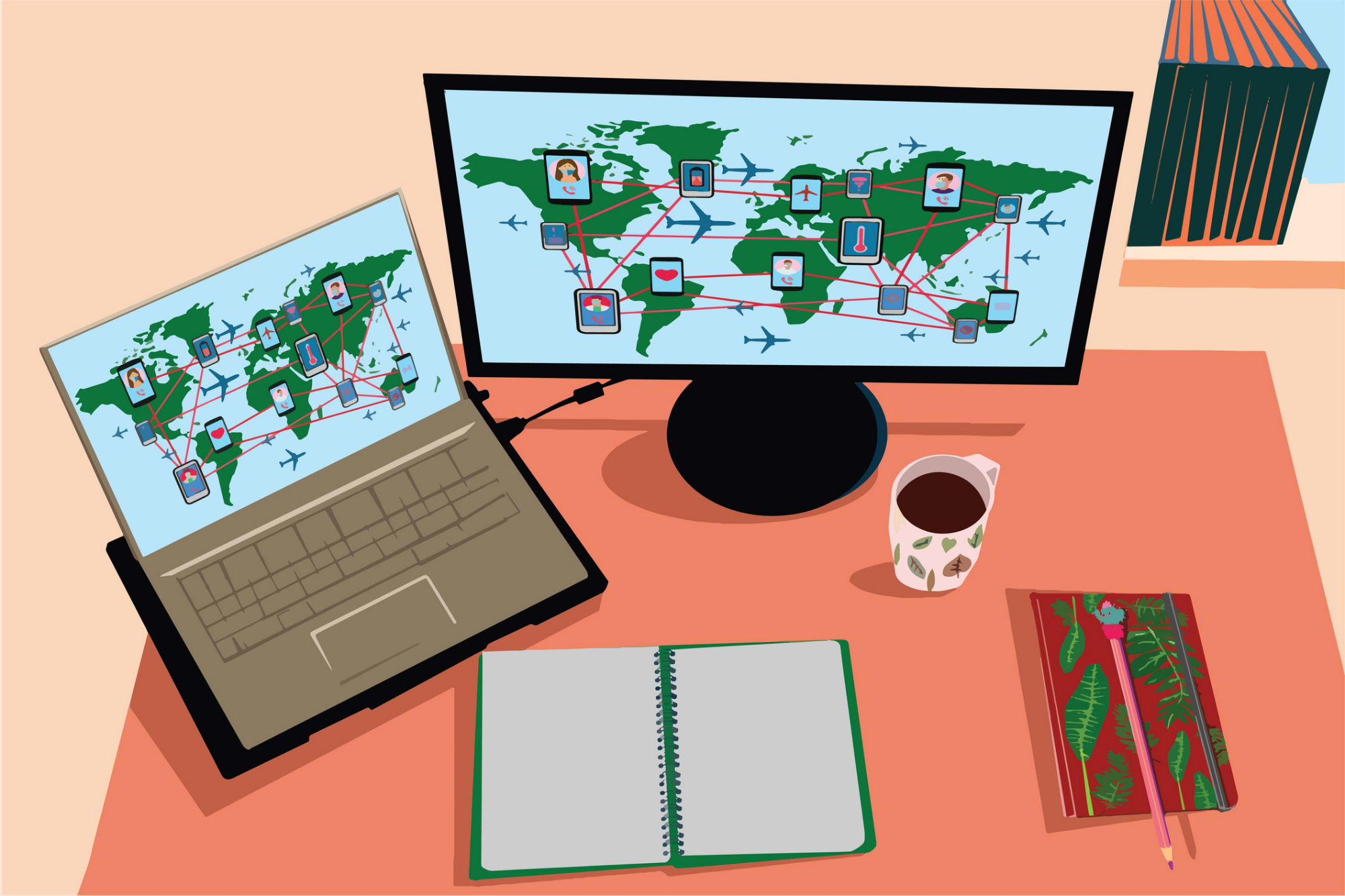How mental wellbeing at work will change after Covid-19
With many of us fearful about a return to the office, our mental wellbeing will take centrestage in a post-COVID workplace. Psychotherapist Kristina Kennedy tells us how

Celebrity news, beauty, fashion advice, and fascinating features, delivered straight to your inbox!
You are now subscribed
Your newsletter sign-up was successful
With many of us fearful about a return to the office, our mental wellbeing will take centrestage in a post-COVID workplace. Psychotherapist Kristina Kennedy tells us how
Before coronavirus, mental health was seen as someone else’s problem but now everyone is to some degree or other psychologically affected by what we are living through. It feels a pivotal moment now to normalise mental wellbeing at work, not just for individuals but for all employees and businesses that will experience a myriad of psychological issues as we emerge from lockdown.
Make no mistake, the coronavirus pandemic is the greatest professional disruption in living memory. Before the pandemic struck, 1.7m people in the UK mainly worked from home (roughly 5% of the 33m workforce). Since late March, millions more have joined them. And in my opinion there should be no 'returning to work' as we knew it before.
Amid warnings that some lockdown restrictions could stay in place into 2021, companies are grappling with this sudden cultural shift in how we work. Some better than others, with tech companies leading the way in prioritizing mental wellbeing at work. Twitter was the first to announcing in early May that all employees can work from home 'forever', and Google and Facebook have extended their their work-from-home policies into 2021. The world of work has changed irreversibly, and recognizing and addressing the practical and emotional impact of this fact on each and every one of us will inevitably reshape our workplace culture and environment.
Since March we have experienced monumental change to our daily lives and whilst the lockdown has brought some new awareness, excitement and creativity, for many of us it has also brought stress, loss, disconnection, relationship and family fractures, financial pressures, job insecurity, bereavement and a host of other psychological triggers.
As a psychotherapist, I know there is overwhelming evidence to suggest the impact of these effects need to be attended to. For those of us working from home we need to be reassured before fully re-engaging in our post-pandemic corporate future. Every boss needs to be compassionate and understanding that many people will need time to readjust when working life returns to some level of normality.
Hopefully companies will be empathetic, supportive and show flexibility to ensure an effective return to the workplace has a mental health support-plan in place. With this in mind, here are five initiatives of what you may expect from your workplace:
Celebrity news, beauty, fashion advice, and fascinating features, delivered straight to your inbox!

How companies are set to prioritize mental wellbeing at work:
1. Asking for your opinion
In order to gauge how people are feeling and what common anxieties are in play, many businesses are surveying their employees before even thinking of asking them to re-enter their workplace.
2. The 5-day, 9-5 week is over forever
Many businesses are already accepting this as fact. The stress and expense of commuting has been proven to be an outdated method of working (when so much has now been proven to be deliverable remotely). Many companies are gearing up to renegotiate who and how often their employees need to be in the office and how people will stay connected effectively.
3. In-house psychological services
Normalising and humanising the need to talk over the trauma of how COVID-19 has affected us all is vital. Services, such as Psyched In Residence, are being taken up by businesses who want to proactively provide qualified, accredited and experienced psychotherapists in the workplace (rather than well-meaning listeners), without people needing to specifically ask for it. These practitioners in the actual and virtual corridors of companies will offer professional and emotional therapeutic guidance, exactly when people most need it.
4. An holistic approach to work
The pandemic has taught us to view people in a more human and holistic way. This is a great opportunity for a corporate culture shift bringing wellbeing and mental health in as part of the package for the new normal.
5. Psychological safety is the key
We can only excel and bring greater creativity and productivity to our workplaces if we utilise our post-COVID change of perspective to acknowledge our needs in a healthier way. The more authentic and inclusive a workplace culture is, the more likely we will want to be part of it. If there is freedom for people to bring and show their 'whole selves', this psychological safety will bring us closer to colleagues, improve communication and collaboration as we all discover the new world and our reshaped workplaces together.
* Kristina Kennedy UKCP Psychotherapist and ICF Coach at @psychedglobal.com
The leading destination for fashion, beauty, shopping and finger-on-the-pulse views on the latest issues. Marie Claire's travel content helps you delight in discovering new destinations around the globe, offering a unique – and sometimes unchartered – travel experience. From new hotel openings to the destinations tipped to take over our travel calendars, this iconic name has it covered.